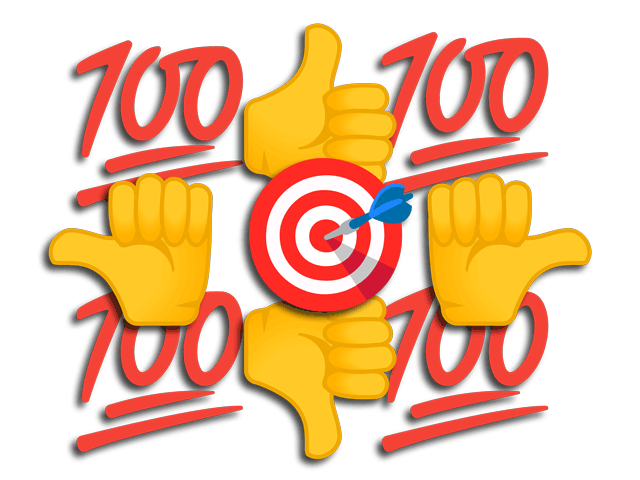Contracts, Text Messages and Emojis
Yes, Thumbs-Up Emoji Could Signify Agreement to a Contract
MT. JULIET, Tenn. (DTN) -- Is the thumbs-up emoji the same as a handshake?
Early this month, a Canadian judge ruled that it was, finding that a farmer owed $82,000 in a contract dispute over a grain deal done by text message because the thumbs-up emoji signified his agreement.
"A lot of people assume that in order for a contract to be valid, you have to have it in writing, and the fact of the matter is that's not always true," said Rusty Rumly, a senior staff attorney at the National Agricultural Law Center. There are many cases where verbal assent is enough to constitute a contract, and there are even times, such as auctions, when even eye contact counts as an agreement.
"The emoji is new," he said.
Tiffany Lashmet, author of the Texas Ag Law Blog and associate professor with Texas A&M AgriLife Extension, said she couldn't find a U.S. case where an emoji constituted agreement to a contract.
"The law is all over the board" on what counts as a signature on contracts documented with only text and email communications, she told DTN in an interview. It depends on the facts of the case and the state where the dispute is being litigated. "It's an area of the law that's still developing around the country."
P[L1] D[0x0] M[300x250] OOP[F] ADUNIT[] T[]
The details of the Canadian case mattered in the outcome, which could still be appealed, she said.
CANADIAN CASE DETAILS
In spring of 2021, South West Terminal Ltd. sent a text to farmers looking to buy flax for $17 per bushel for delivery in October, November or December. After phone calls with farmer Chris Achter, a representative of SWT signed a contract in ink and texted an image of the contract to the farmer with the message "Please confirm flax contract." The farmer replied with a thumbs-up emoji. (The complete details of the case can be found here: https://www.canlii.org/….)
When November came, the price of flax was $41 per bushel, and Achter never delivered.
In court, the farmer argued that his thumbs-up emoji signified receipt of the contract, not agreement to it. But the grain company argued the farmer and the company representative had done at least four business deals in the same fashion, except in those cases, the farmer texted "ok," "yup," or "looks good" and then delivered the grain as agreed.
In cases like this, the judge likely looked at the course of dealing, Rumley said, referring to the history of transactions between the parties as a way to interpret the disputed one.
For instance, if a farmer in the U.S. had sold soybeans to the same elevator for 20 years, using roughly the same contract terms -- then, in year 21, the elevator sends a text message of the contract, and the farmer affirms via a written reply instead of a signature on paper -- they have a course of dealing.
"That's a bit different than if you've never sold grain at this elevator at all, and they send you a contract, and you reply with a thumbs-up emoji. That's a different circumstance," he said, adding that the parties in this case were friends outside of the business arrangement, which is common in rural America.
BE CAREFUL USING EMOJIS FOR BUSINESS
"Emojis don't always have a single meaning. I wouldn't say never use them, but I don't know if I would use them in a business context," Rumley said.
Lashmet agreed, adding that there are really no winners when these contract disputes go to court because of the attorney fees and related expenses. While text and email communication may be convenient, she urged farmers and ranchers to remember that they are running a business.
"No other business is going to make a $60,000 contract in a text message," she said. "I would really encourage folks, if you're entering into a contract, to do that in writing, on an actual piece of paper that the parties sign. Then you know it's a contract."
Katie Dehlinger can be reached at katie.dehlinger@gmail.com
Follow her on Twitter @KatieD_DTN
(c) Copyright 2023 DTN, LLC. All rights reserved.




